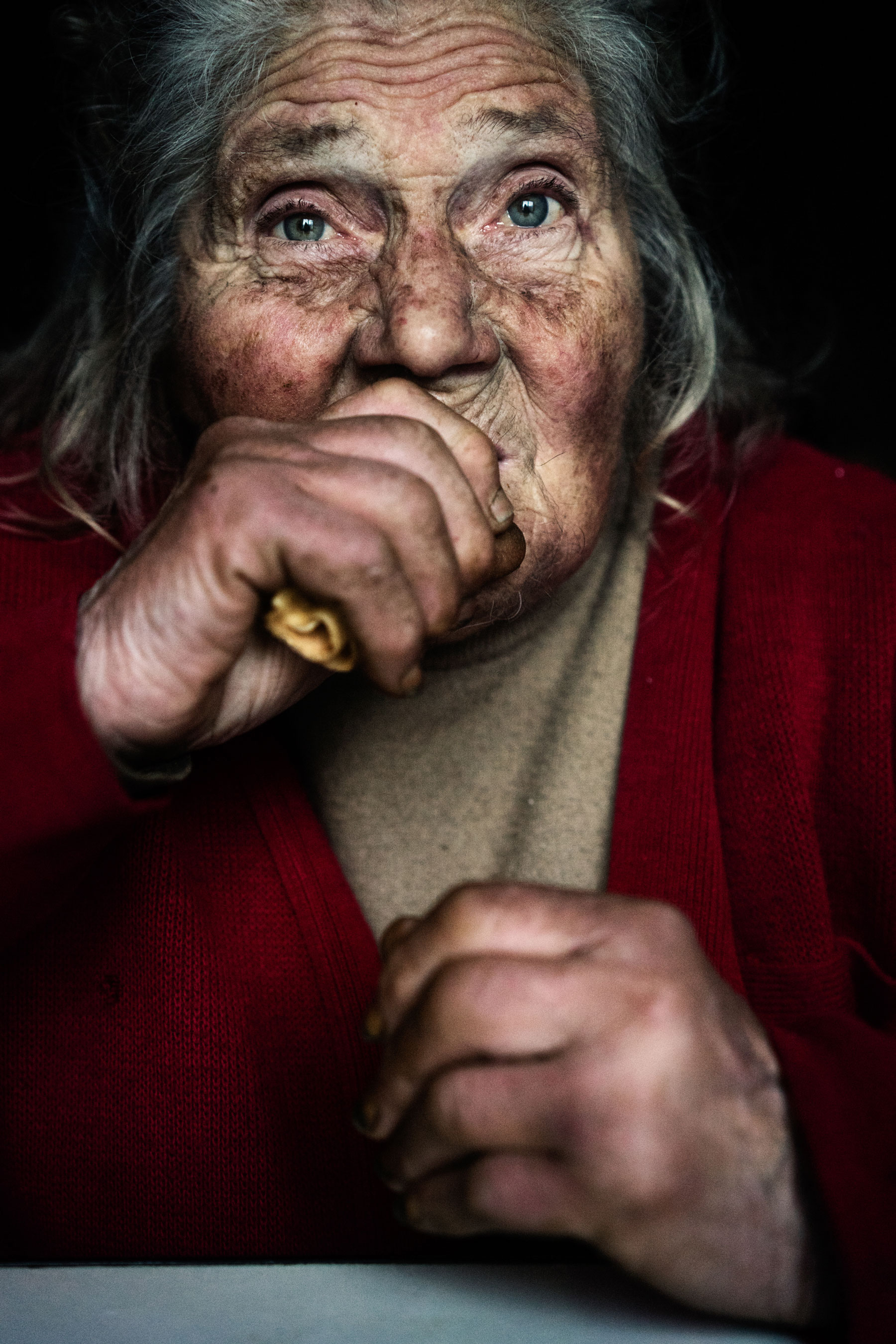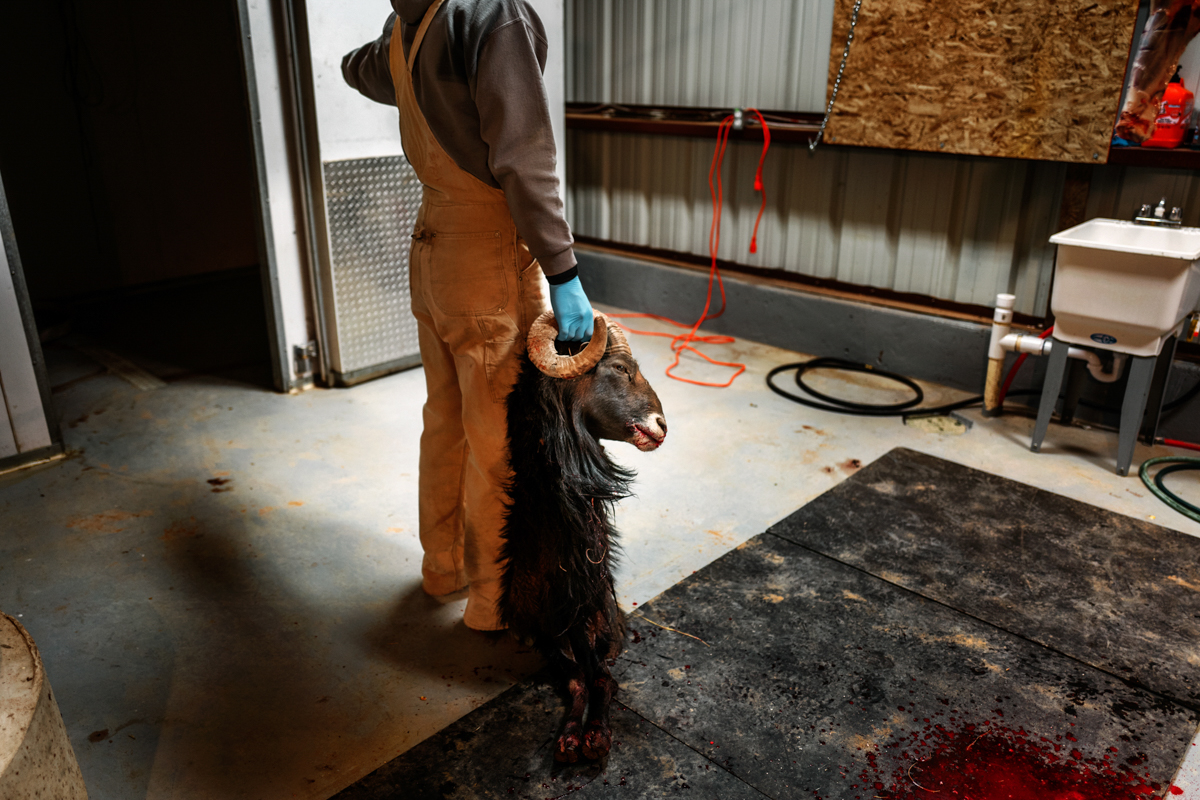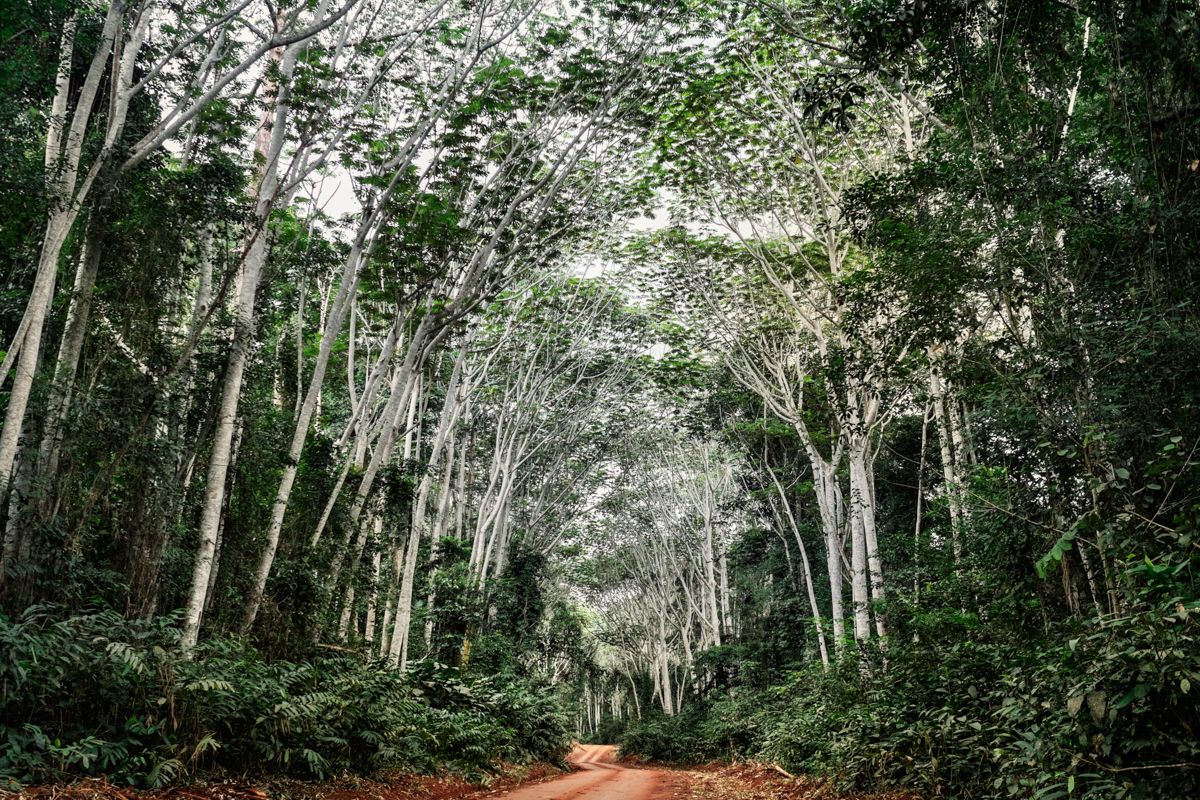
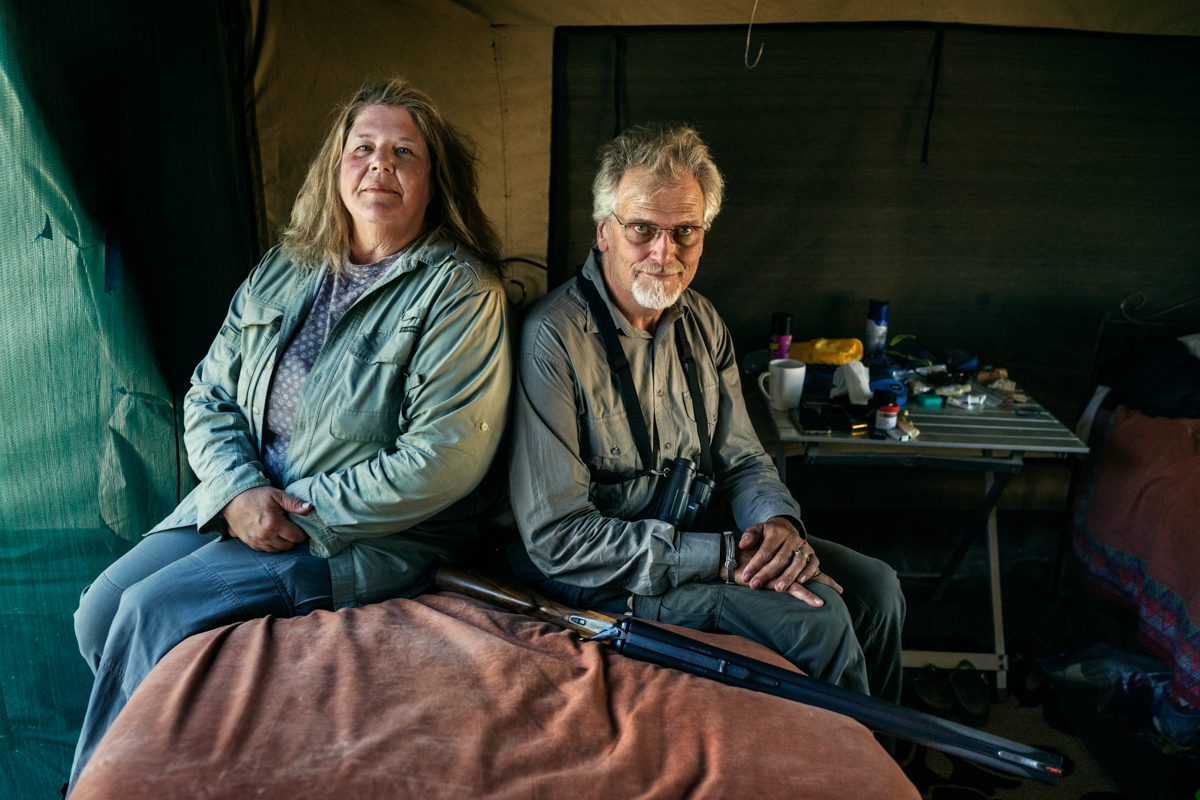
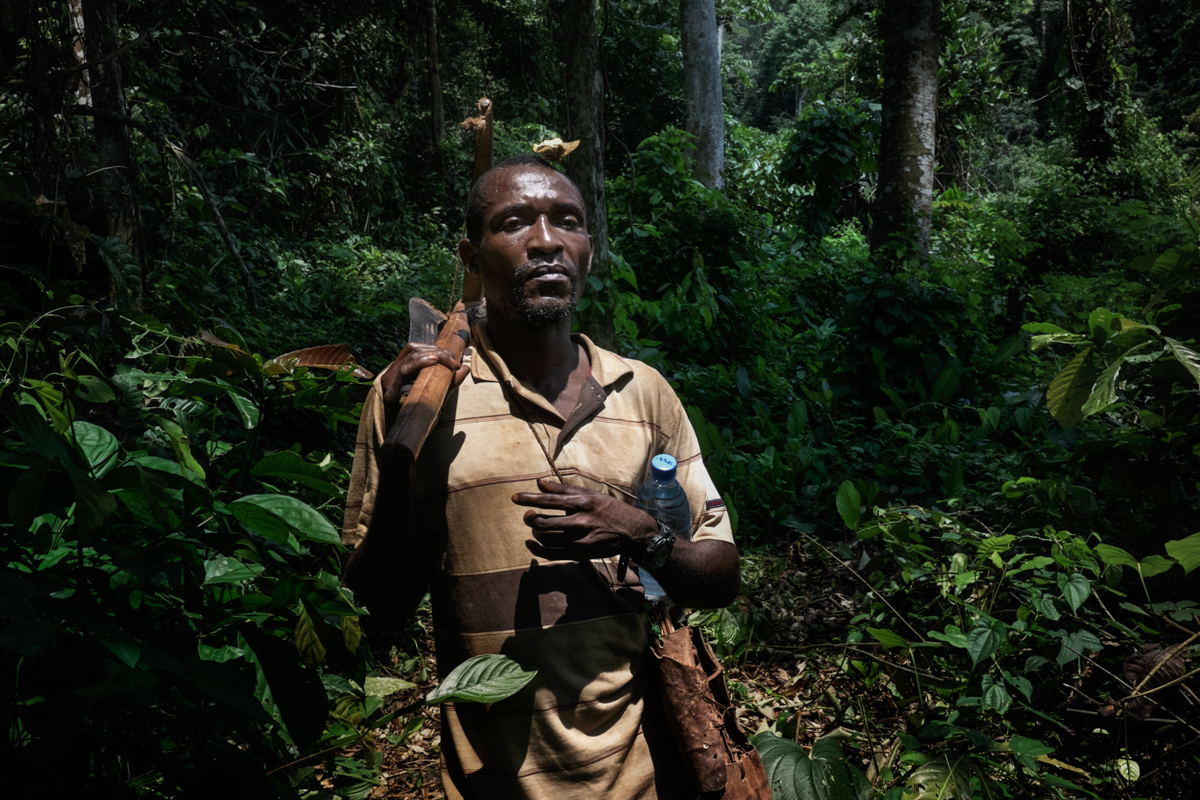
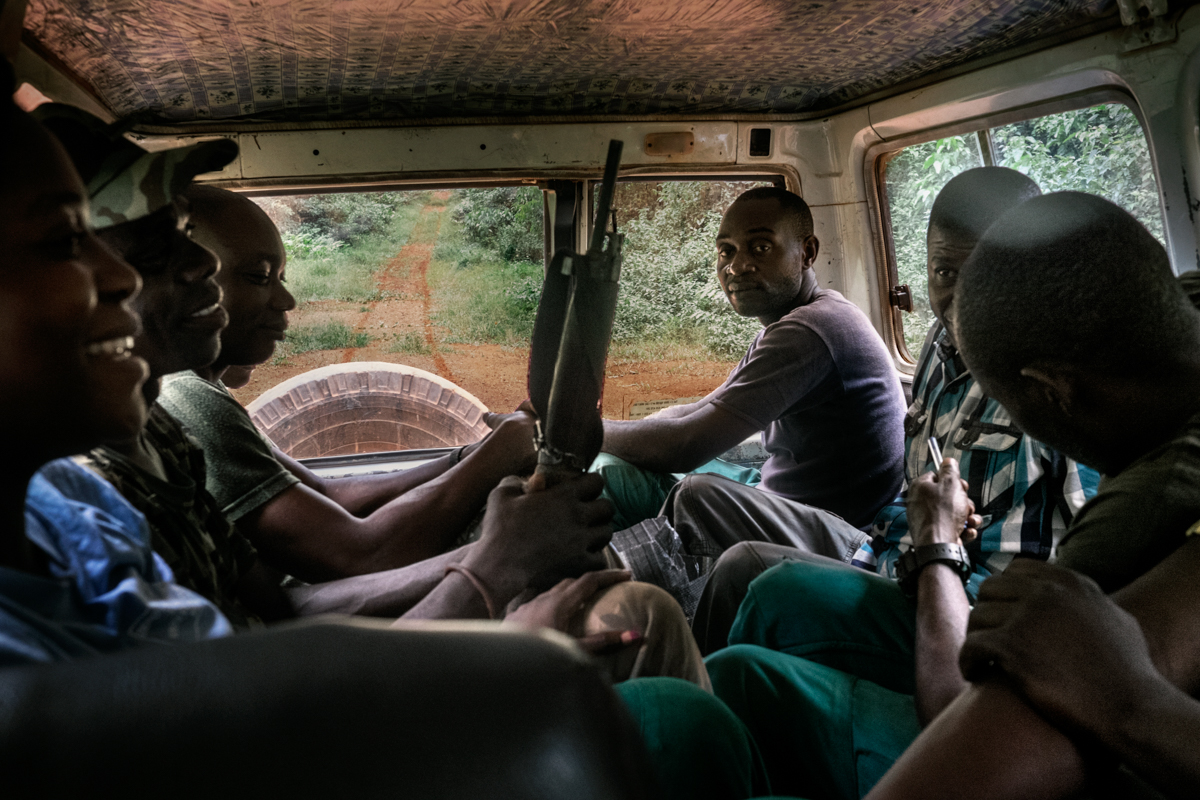
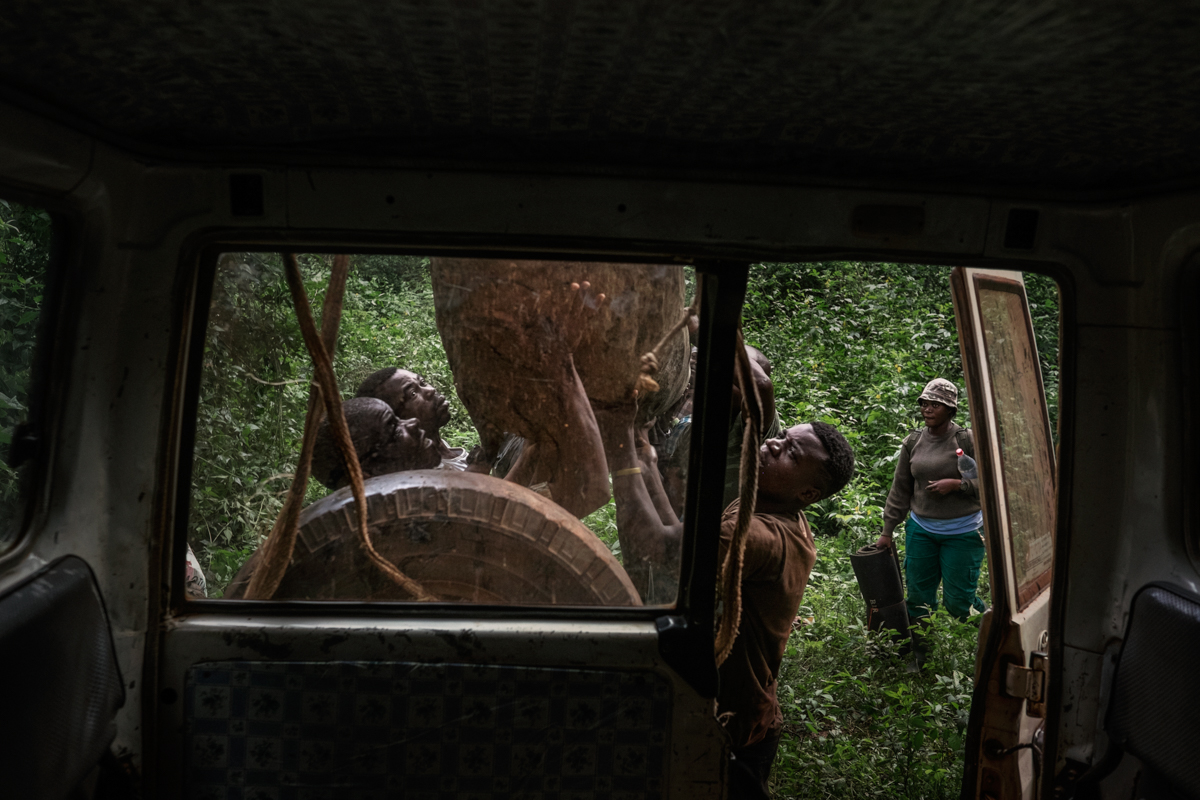
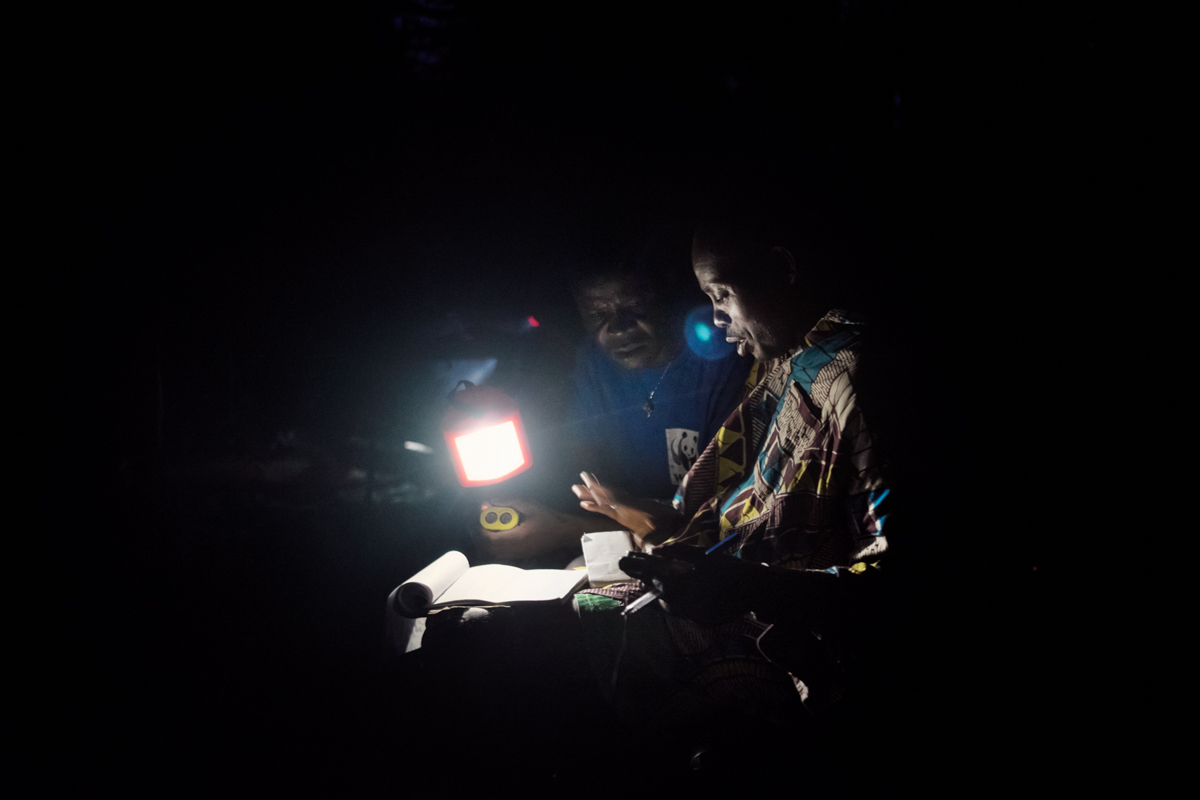
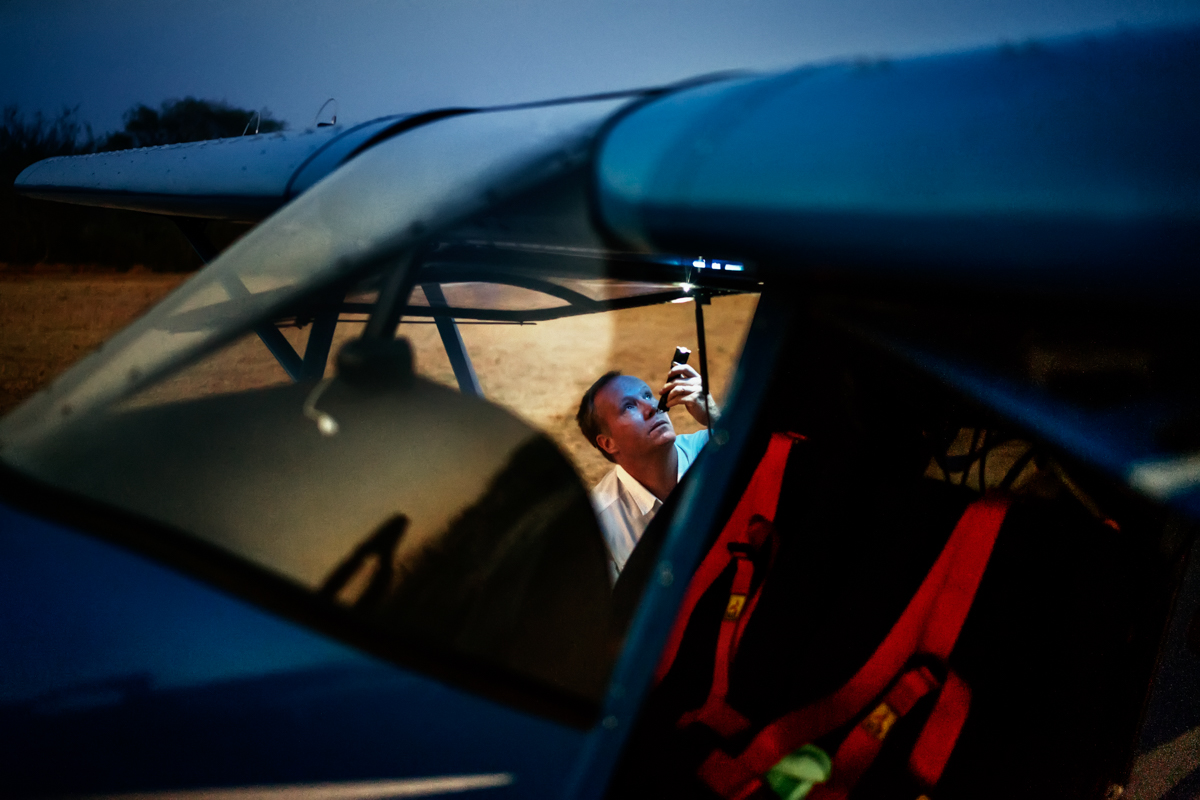
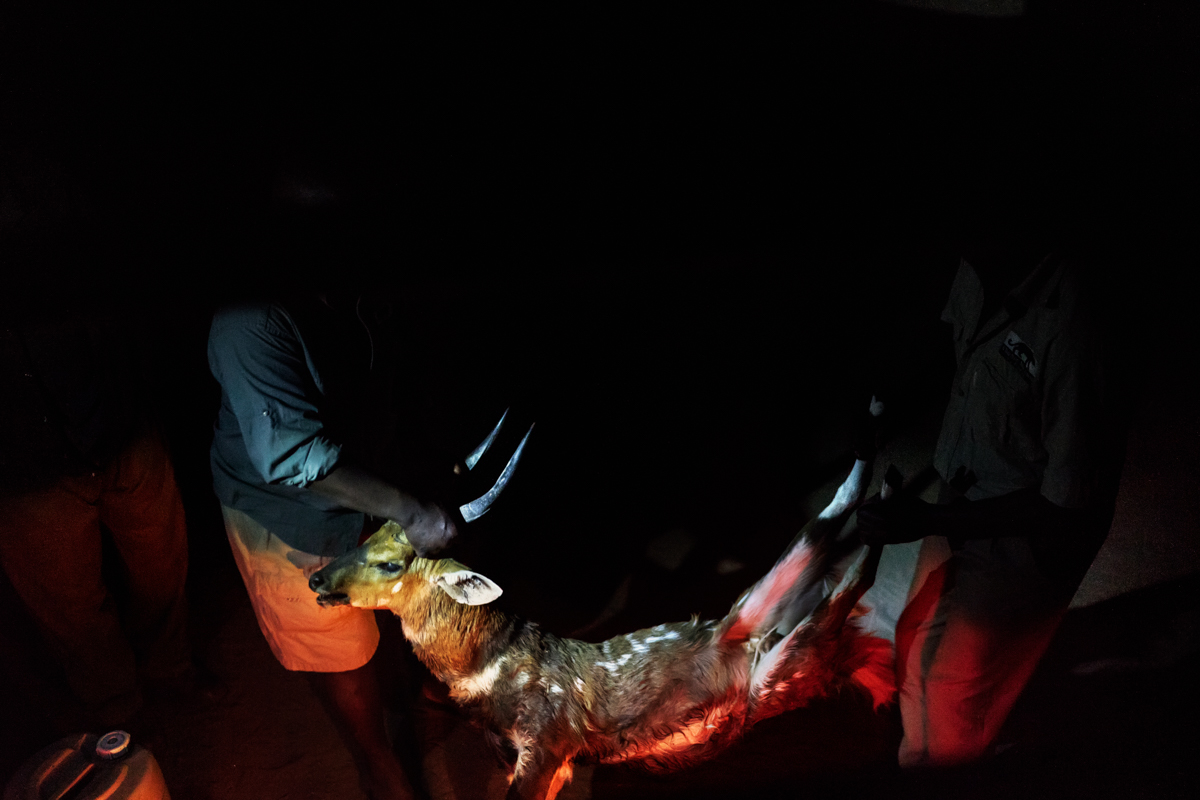
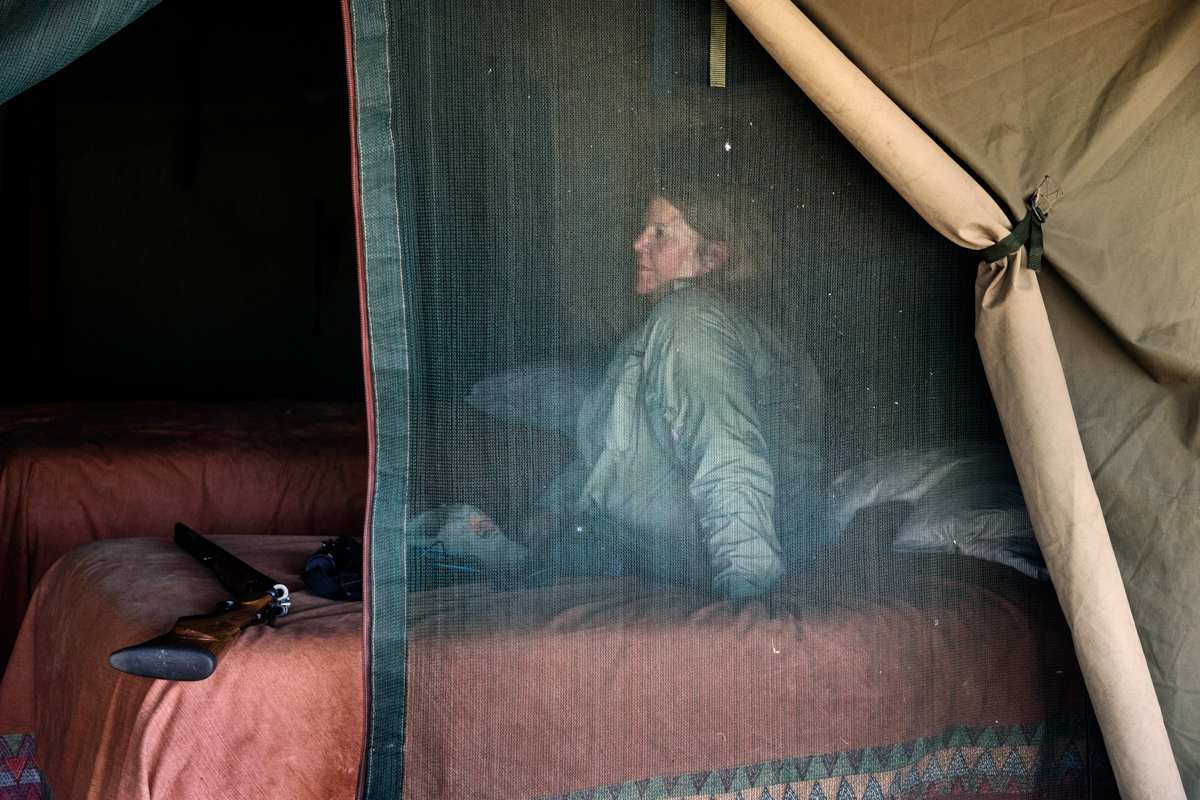
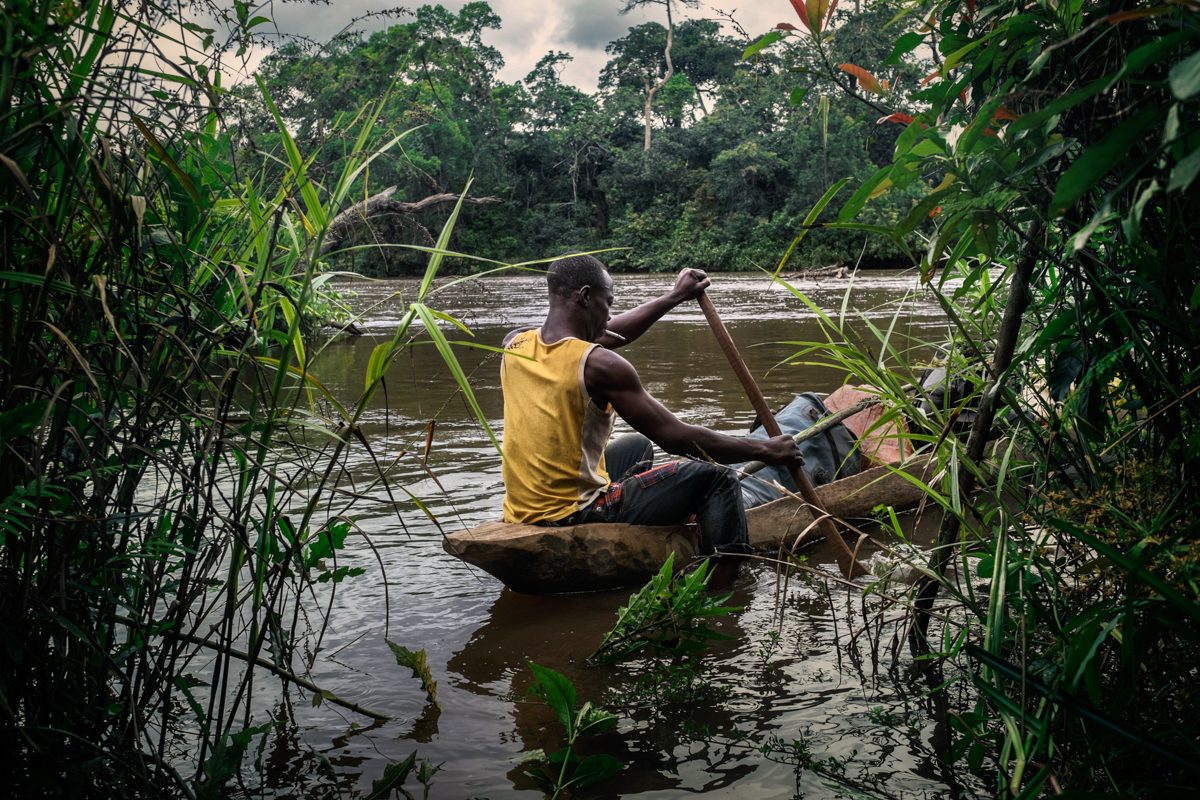
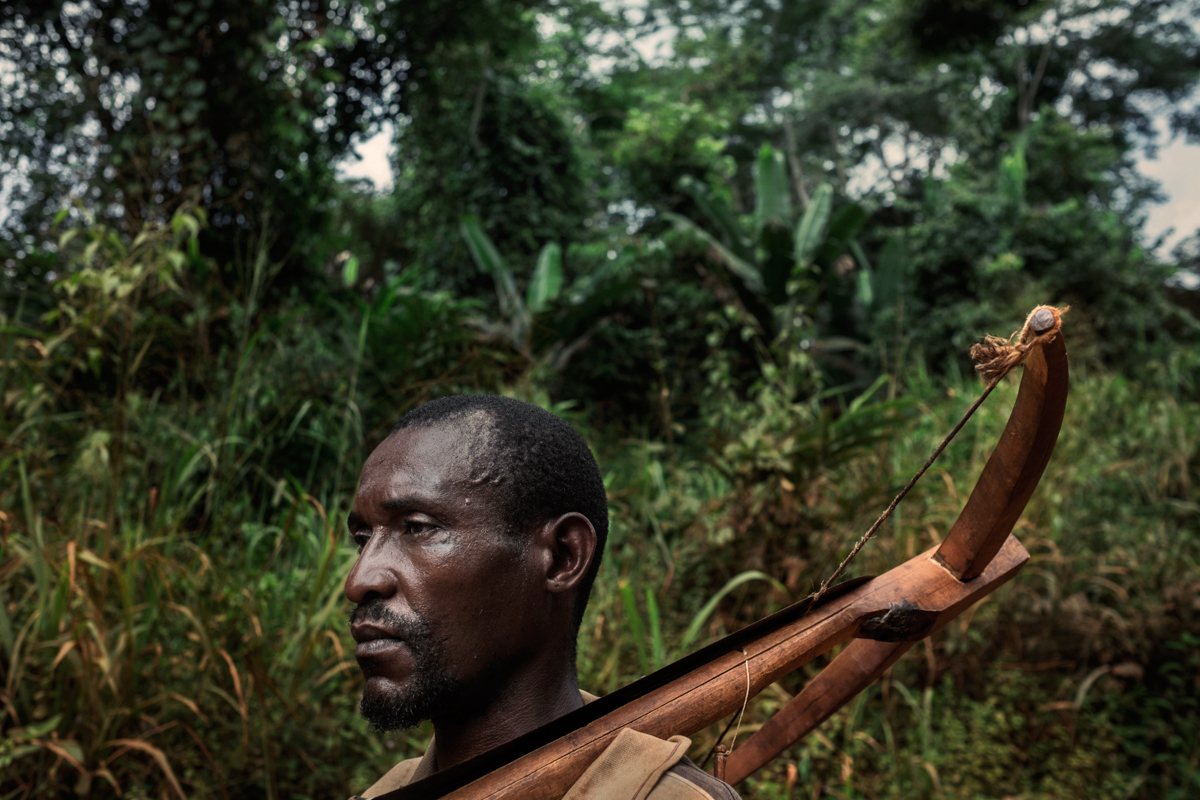
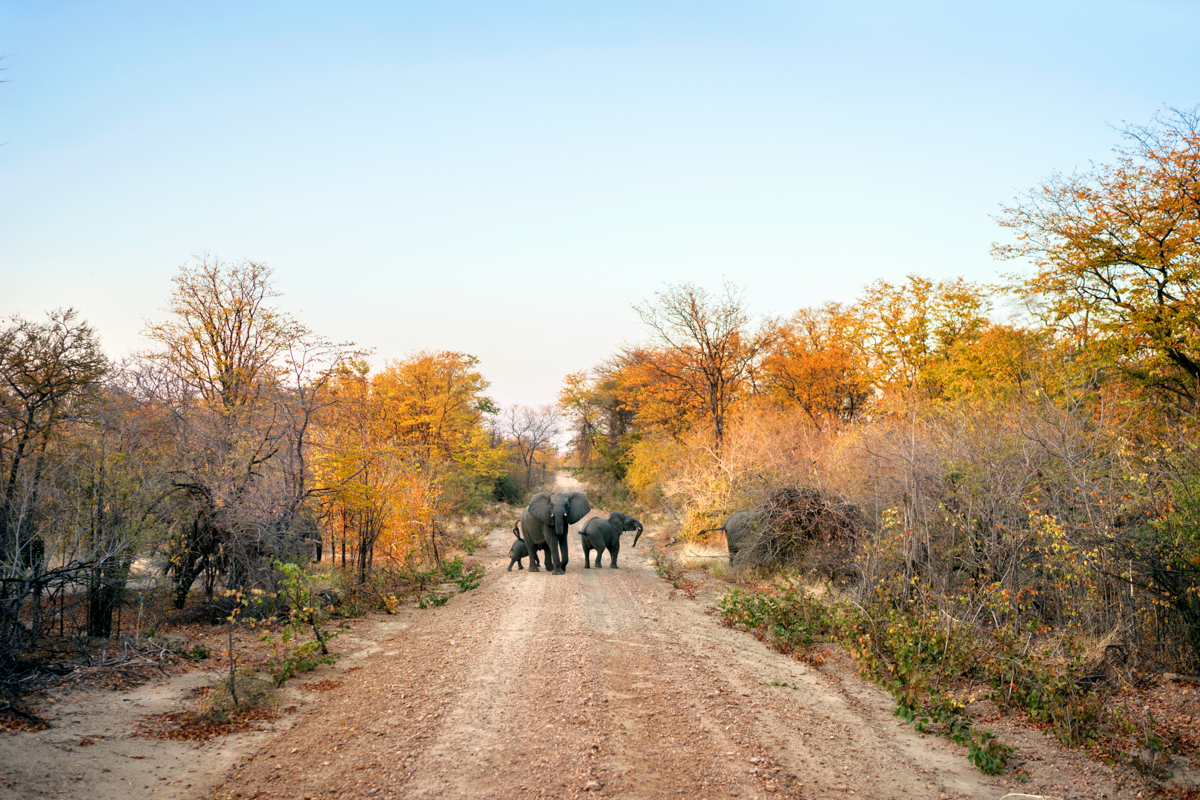
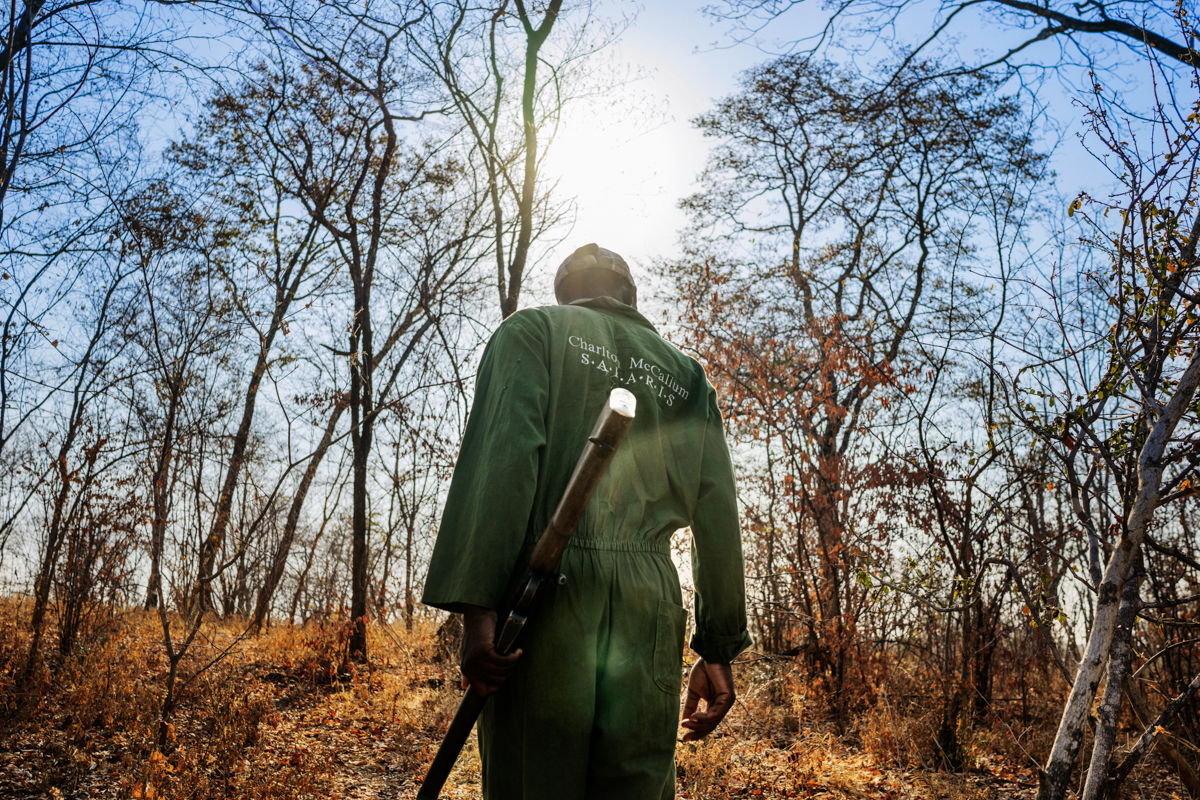
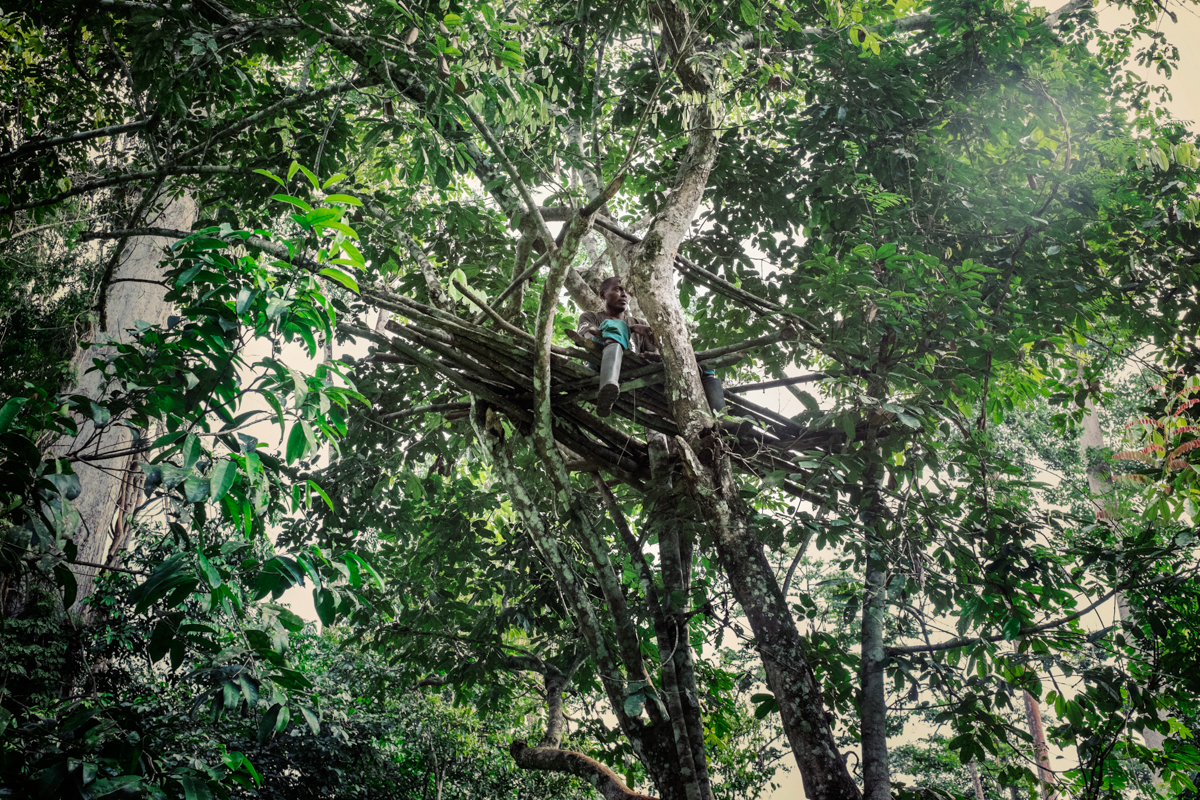
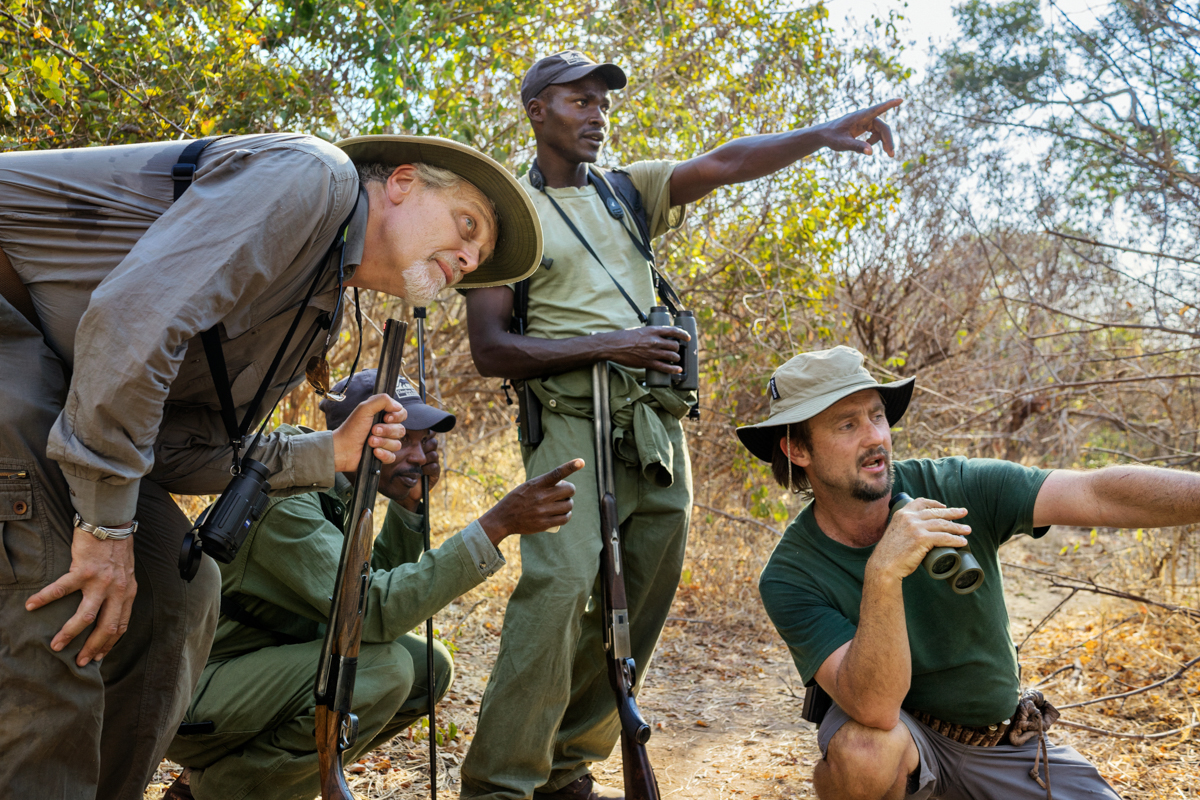
Bush Babies
You are following four stories, intertwined, between Cameroon and Zimbabwe. The good, the bad and the ugly. You decide.
Here, noises in the bush, the thorns tear off the shirts. Then the elephant turns, faces Marty. There, the blow resounds. Deafening. The fifty-year-old female crumbles masterfully, killed on the spot. "What a perfect shot Marty, congratulations! ", the hunter revels in front of the recumbent carcass. Lights up a cigar.
This summer, Marty (a 70-year-old American from South Dakota) has chosen to spend $30,000 to hunt his fourth elephant on the shores of Lake Kariba in northern Zimbabwe. Each year, the authorities sell 500 of their 82,000 heads to rich hunters. They come from the United States, Germany, Russia, France or Belgium, killing pachyderm in this exotic supermarket.
In 10 years, Africa has lost 110,000 elephants, according to the latest report presented at COP 17 (CITES) in September 2016 by the International Union for Conservation of Nature (IUCN). For Zimbabwe though, the safari hunting market remains one of the main incomes of the country, undergoing an unprecedented economical crisis.
So they watch the 'Game'. Private safaris companies such as Chalton MacCallum has 24 private mercenaries in their never-ending free-range hunting area protecting the 400 species recorded. Days in complete autonomy in the bush, fighting a genuine war against poaching. They are assisted in the air by the ultralights of' Flying for Wildlife ' to spot traces. In one week, 60 traps are neutralized and 2 poachers arrested. In one year 20 were taken into custody and 5 tried.
A few thousand kilometers away, they are nine, under-armed, underpaid to protect the 2382 km2 of the Bomba Bek National Park in eastern Cameroon against poachers who hunt elephants with CAR-imported machine guns. Ten days of mission, on foot, in dense forest and mud during the rainy season, from encampments to encampments. The state rangers scrutinize, observe and document human traces and remains of their crimes. Helpless, in an unfair fight.
Then there is Blaise and Gabirel. With an ancestral knowledge of the forest, the Bakas of eastern Cameroon have hunted the elephant for thousands of years. The last hunter-gatherers have become mercenaries hunting for the first who will offer them whiskey. Elephant poachers or poacher trackers for rangers, they find themselves in the frontline of a system that uses them.
Bush Babies is 3 years body of work (2014 – 2016) questioning the complexity of conservation through the story of the large elephant poaching crisis. Following hunters, poachers and anti-poaching teams in central and southern Africa, the story blurs the lines of the Good and Bad and strains common biases.

